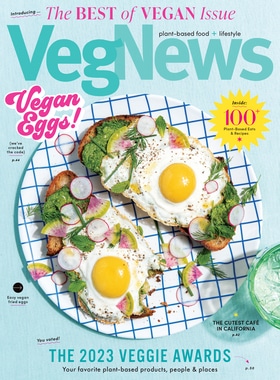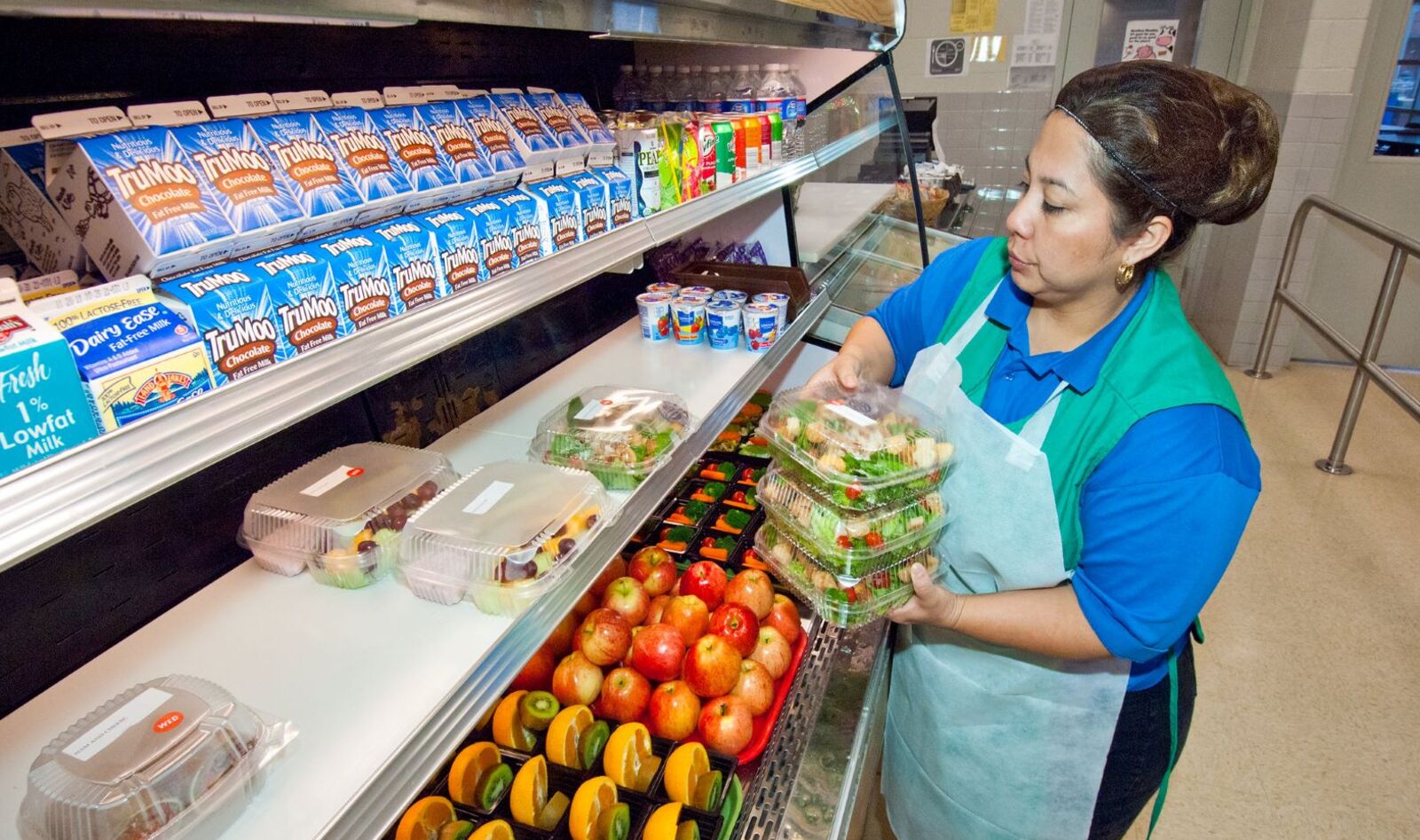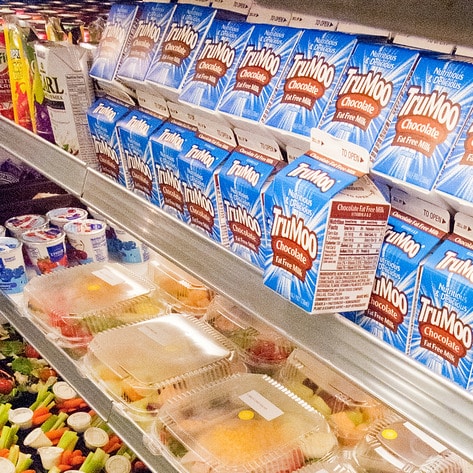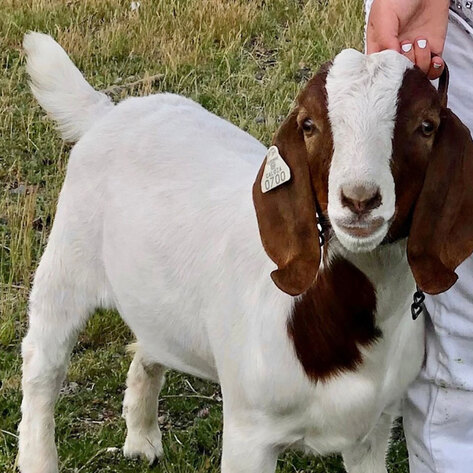In a first lawsuit of its kind, Los Angeles high school student Marielle Williamson is suing her school district and the US Department of Agriculture (USDA) for violating her First Amendment right to share information at school about alternatives to cow’s milk and the health concerns about dairy consumption.
Nonprofit doctors group Physicians Committee for Responsible Medicine (PCRM) recently filed a free speech lawsuit on Williamson’s behalf with the US Federal Court for the Central District of California in Los Angeles.
Williamson, a senior at Eagle Rock High School, was told by her school that she could not share information about plant-based milk or be critical of the dairy industry in the school cafeteria unless she provided pro-dairy content as well.
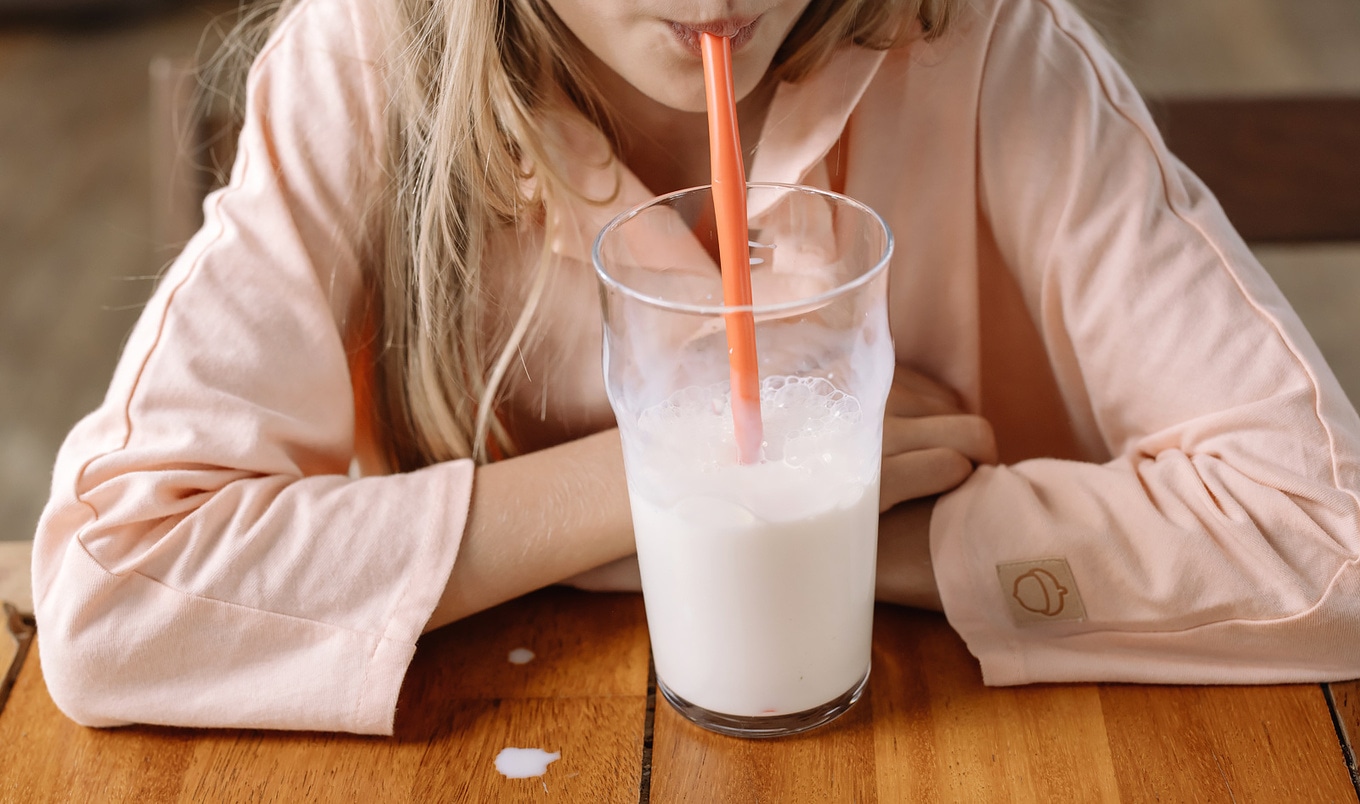 Pexels
Pexels
In its lawsuit, PCRM alleges that the school district unconstitutionally discriminated based on viewpoint by prohibiting Williamson from distributing information highlighting dairy’s negative impacts. The government may not prohibit student speech simply based on viewpoint, the lawsuit argues.
Meanwhile, school-sanctioned dairy promotions—such as “Got Milk?” ads in the morning announcements—pervade Williamson’s school. “Our school is riddled with pro-dairy posters and promotions,” Williamson said in a statement.
“The fact that a differing perspective from a student was shut down goes to show that the USDA is more focused on milk sales than the well-being of students,” she said. “This lawsuit was the only way to make people aware of how wrong this is.”
The case against dairy
By law, “fluid milk,” or cow’s milk, must be offered at every school lunch and breakfast served under the National School Lunch Program and the School Breakfast Program. However, Williamson is concerned about her many classmates who cannot—or choose not to—consume dairy.
 Unsplash
Unsplash
According to PCRM, many people cannot digest lactose.
“As we grow up, many of us lose the ability to produce the enzyme lactose, and therefore, cannot digest lactose-containing products like cow’s milk,” Anna Herby, DHSc, RD, CDE, PCRM Nutrition Education Program Manager, tells VegNews.
“As a result, the lactose is not absorbed and instead remains in the intestine where it causes symptoms including upset stomach, diarrhea, and gas,” she says.
The National Institutes of Health estimates that 30 to 50 million American adults are lactose intolerant, including 95 percent of Asian Americans, 60 to 80 percent of African Americans and Ashkenazi Jewish people, 80 to 100 percent of Indigenous people, and 50 to 80 percent of Hispanic people.
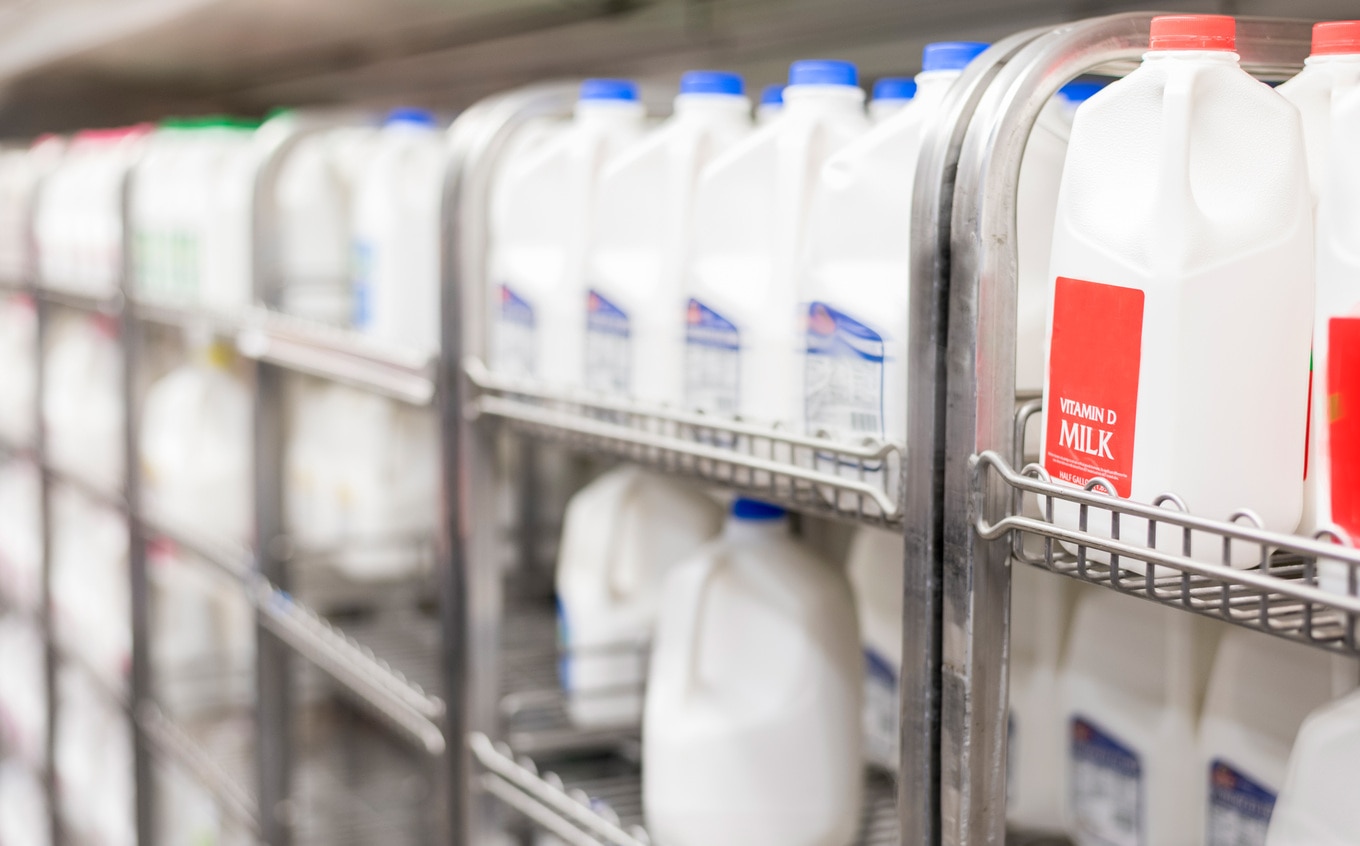
Notably, approximately 75 percent of the Los Angeles Unified School District student population is Hispanic. Not providing appropriate beverages for these students sends the message that their school’s food programs are not meant for them.
“For school-aged children, requiring them to drink milk that they cannot digest can lead to significant digestive discomfort, and this can make it more difficult to focus and learn in classes,” Herby says.
The lawsuit argues that a federal law mandating that any “school that participates in the school lunch program … shall not directly or indirectly restrict the sale or marketing of fluid milk products by the school (or by a person approved by the school) at any time or any place” unconstitutionally restricts the free speech of students.
The USDA interprets that language to mean that cafeteria displays, printed material, and layout may not promote beverages other than dairy milk in a way that may detract from dairy milk sales. Even water may not be offered on the lunch line in a way that might interfere with a student taking milk.
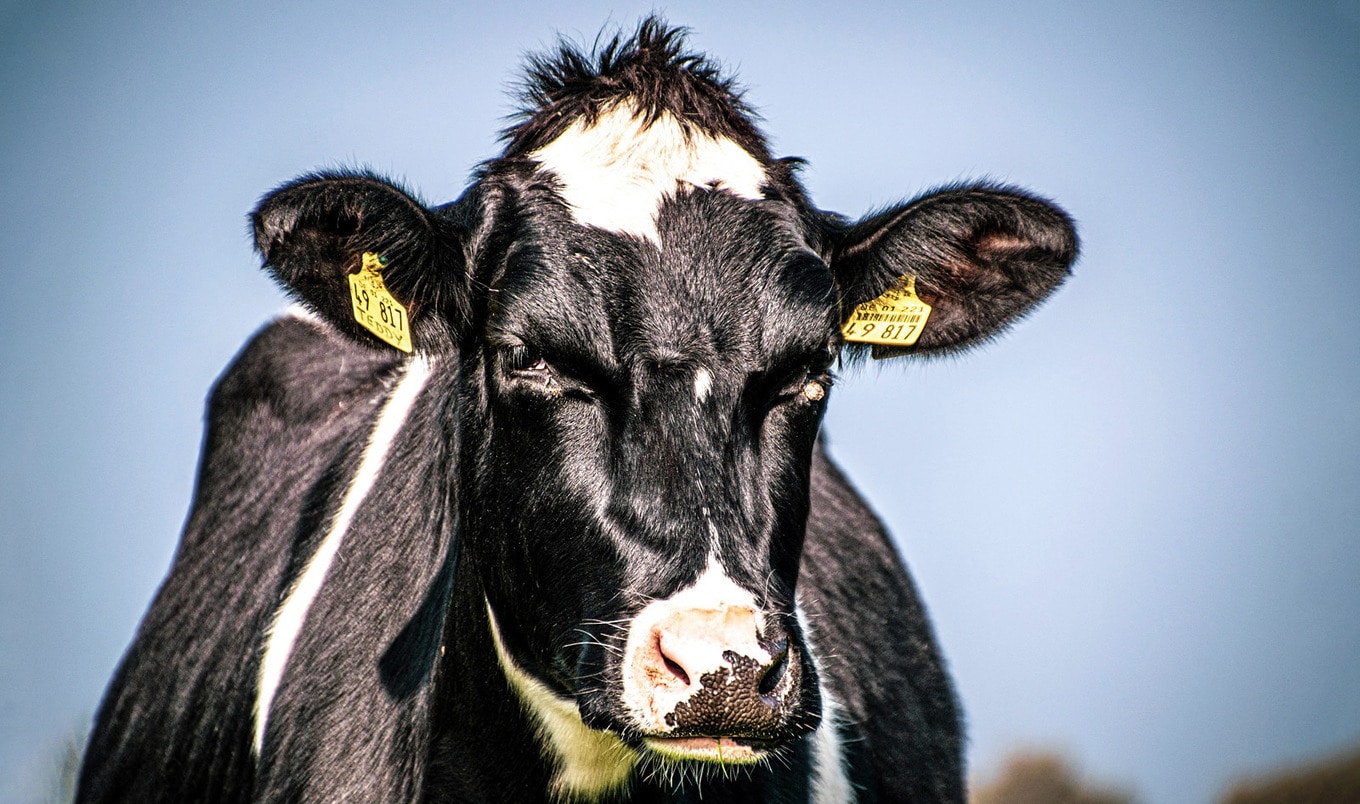 Pexels/Matthis Volquardsen
Pexels/Matthis Volquardsen
“The dairy industry has a stranglehold on our students and our school meal programs,” Deborah Press, associate general counsel for PCRM, said in a statement. “The USDA is so protective of the dairy industry that its policies outlaw even the smallest amount of opposition to the deluge of pro-milk messaging in schools,”
It will do anything it can—even gag student speech—to continue foisting unwanted, unhealthy, and culturally inappropriate foods on young people,” Press said.
Removing barriers to non-dairy options
On the heels of this lawsuit, federal legislation is being introduced to remove barriers to access to non-dairy milks at school. This week, US Reps. Nydia Velázquez (D-NY) and Jamal Bowman (D-NY) are reintroducing the Healthy Future Students and Earth Act, which would ensure that schools are better accommodating to students who are unable to process lactose or who otherwise cannot or choose not to consume cows’ milk.
The legislation would authorize school districts to provide a non-dairy fluid milk alternative (consistent with the Dietary Guidelines for Americans) to any student as part of a reimbursable meal without a note. It would also ensure school districts are providing a non-dairy milk substitute if a parent or guardian makes a written request to the school district.
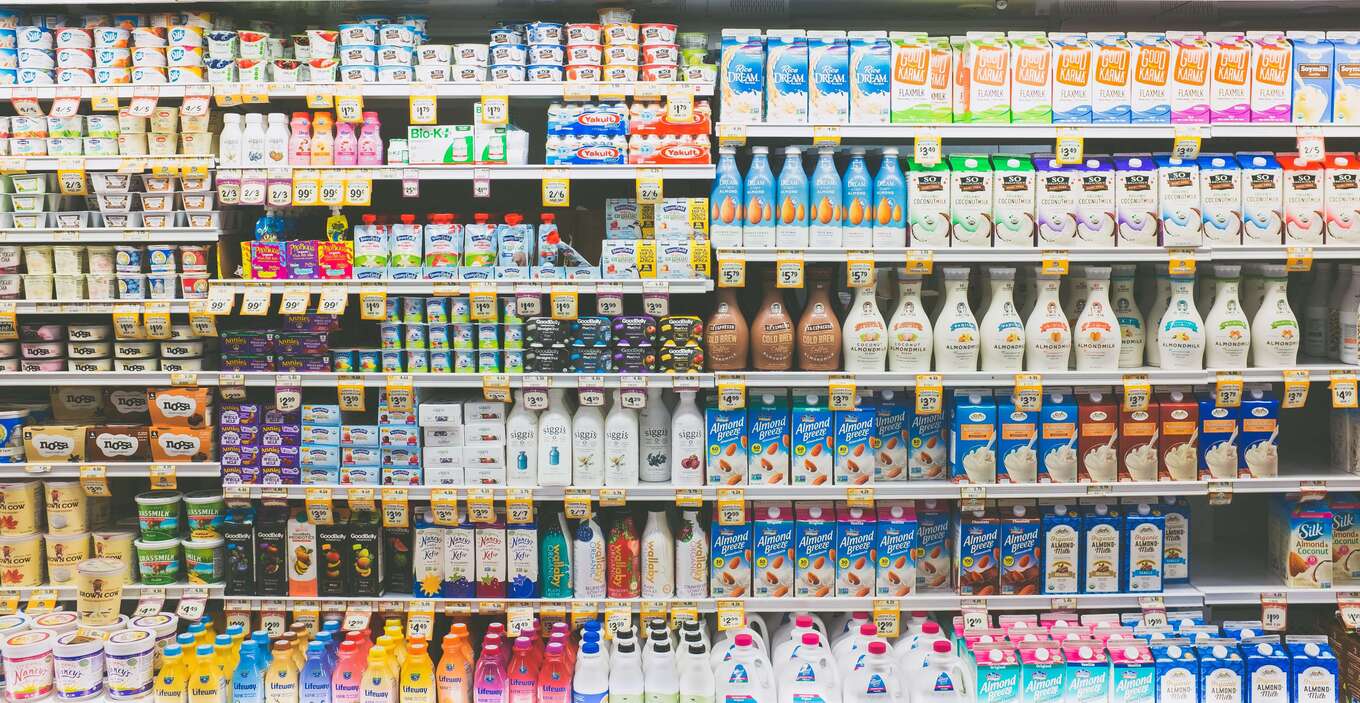 Unsplash
Unsplash
This aligns with the growing evidence of the negative health impacts of dairy products. “In addition to the widespread inability to digest lactose, milk and other dairy products are the top source of saturated fat in the American diet, contributing to heart disease, type 2 diabetes, and Alzheimer’s disease,” Herby points out.
“Studies have also linked dairy to an increased risk of breast, ovarian, and prostate cancers,” Herby says. “It is not a health-promoting food and alternatives should be available in schools.”
